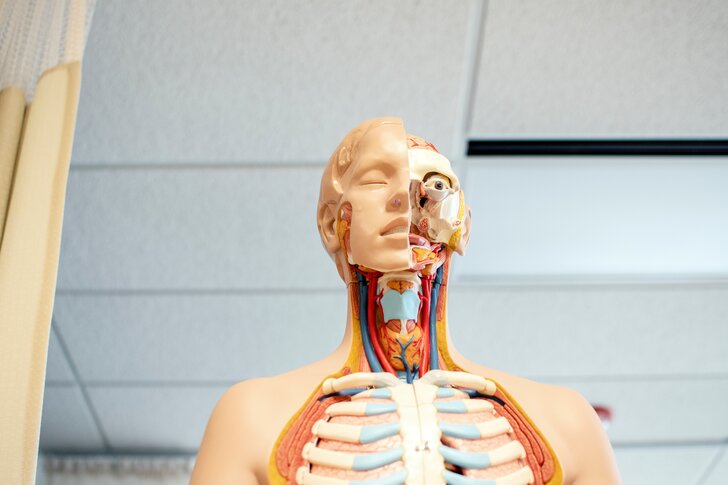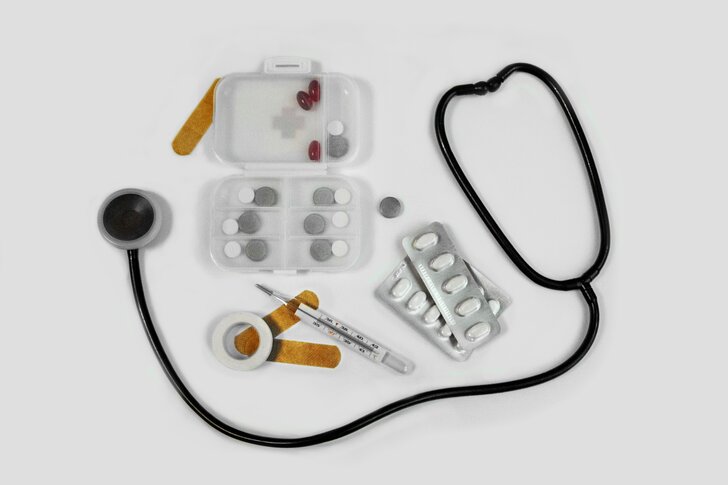
Revolutionary Research That Will Help Us Understand The Human Brain’s Complexities Better

The human brain has always been somewhat of a mystery. Considered as an utterly complex organ, we’ve been forced to believe age-old notions about how it functions and how there’s probably nothing too significant we can do for it other than watch its abilities decline with time. However, that was the prevalent thinking until now.

Nhia Moua/Unsplash | Over the past few decades, scientists have come up with some amazing theories and revelations about the human brain
Over the past few decades, scientists have come up with some amazing theories and revelations about this control center of the human body. They’ve made some very successful attempts to understand the brain’s complexities, and you’ll be shocked to know how massively small everyday changes affect our brains.
A look at the pace of study
Since the last decade, studies related to brain research have caught on at a steady pace, be it in terms of understanding cognitive decline, identifying the steps that help in reducing the risk of dementia, or developing new and improved treatments to treat and reverse Alzheimer’s. The main reason behind this deeper comprehension is the awareness around brain health in this fast-moving world and aging society.
Currently, researchers are looking for more detailed brain imageries for better genetic-risk profiling and dementia-related biomarkers with the help of urine, blood, and spinal fluids samples. There’s still a lot of work that has to be done, yet whatever conclusions have been bought into light as of now are very satisfying.

Lucas Vasques/Unsplash | Currently, researchers are looking for more detailed brain imageries for better genetic-risk profiling and dementia-related biomarkers
Detecting Alzheimer’s Disease (AD) at an early stage
AD is an extremely worrisome subject for anyone to discuss, and trust us when we say this, doctors are no exception. Marwan Sabbagh, M.D. and director of translational research at Cleveland Clinic, Lou Ruvo Center of Brain Health, states that doctors are quite reluctant when it comes to diagnosing AD. It makes them fairly uncomfortable as it is believed (though incorrectly) that it can be only diagnosed through an autopsy.
Luckily, a recent advancement in the realm of identifying AD has come to the surface. PrecivityAD, a test fully approved under FDA guidelines, measures the level of amyloid proteins in the blood. In case the levels seem to look a little doubtful, more tests and diagnosis can also be recommended to gauge a patient’s vulnerability to the condition.
Drugs that are helpful in the treatment
Usually, people with AD end up having clumps of beta-amyloid protein in their brains that lead to damaged cells. For many years, scientists have been researching how to stop that buildup, and thankfully, four drugs have been shortlisted that can initiate this process.
The first, called Aducanumab, has already been sent for an FDA approval around May 2021. To be fair, it’s not a sure-shot solution that promises to cure this condition, but it definitely builds hope for a better life. Additionally, the first drug that deals with dementia-related psychosis can also be approved this year. It will help in blocking certain serotonin receptors that cause hallucinations, paranoia, and delusions in dementia patients.

Julia Zyablova/Unsplash | For many years, scientists have been researching how to stop the likelihood of Alzheimer’s, and four drugs have been shortlisted that can help
A different perspective
When we talk about brain health, people often relate it with the absence of any sort of injury or disease, but the reality is, that’s so much different than making the brain healthy. Promoting better brain health consists of building better cognitive abilities and improved social interactions on a daily basis. A healthy brain assists us in making better decisions and leads to a healthier lifestyle. But to take the initial steps towards those stages, understanding how it works is key.
More in Mental Health
-
What Is Unipolar Depression? Here’s What You Need to Know Right Now
Depression casts a long shadow over many lives, with symptoms that affect everything from our energy levels to our ability to...
June 7, 2024 -
A Comprehensive Guide on How to Heal Anxious Attachment Style
If you often find yourself seeking constant reassurance from your partner or requiring endless validation to feel secure, you may be...
June 1, 2024 -
Why Is My Skin Peeling on My Face After Skincare? Here’s What You Need to Know
Experiencing skin peeling on your face after implementing a skincare routine can be perplexing and frustrating. This phenomenon, where the skin...
May 23, 2024 -
What Is a Mental Edge, and How Do You Get It?
Have you ever wondered why some individuals seem unshakably confident under intense pressure, finding a way to excel when it matters...
May 15, 2024 -
When to Worry About Varicose Veins? Here’s What You Need to Know
Varicose veins are a common issue, affecting about 20% of adults. They’re usually seen as unsightly blemishes on the legs but...
May 12, 2024 -
Why Is Discipline Important: The Ultimate Guide to the Importance of Discipline
Discipline is undoubtedly one of life’s most crucial character traits. It shapes how we approach tasks, manage our time, and...
May 3, 2024 -
Have I Fallen Out of Love or Am I Depressed? Everything You Need to Know
Have I fallen out of love or am I depressed? You’re not alone in this query. In the diversity of human...
April 26, 2024 -
What Does Lung Cancer Breath Smell Like?
Cancer is one of the most formidable diseases of our time, characterized by the uncontrolled growth of cells that invade and...
April 20, 2024 -
Making Major Life Changes? Discover 5 Crucial Things Before You Leap
Life changes are a pivotal part of our journey, marking the transition from one phase of life to another. These changes,...
April 13, 2024















You must be logged in to post a comment Login